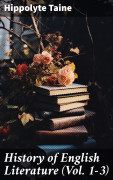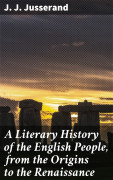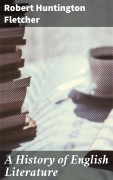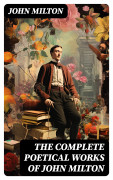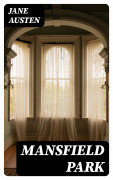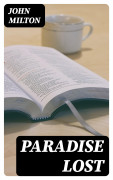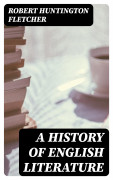John Worrall, William Warner: The Annual Catalogue (1737)
Or, A New and Compleat List of All The New Books, New Editions of Books, Pamphlets, &c
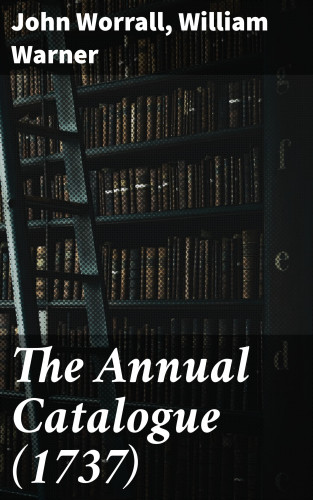
| Produkttyp: | eBook-Download |
|---|---|
| Verlag: | Good Press |
| Erschienen: | |
| Sprache: | Englisch |
| Seiten: | 141 (Druckfassung) |
| Format: | EPUB
Info▼
|
| Download: | 443 kB |
The Annual Catalogue (1737), edited by John Worrall and William Warner, presents an encompassing panorama of early 18th-century literary culture, highlighting the era's diverse literary styles and thematic explorations. This collection is emblematic of the Enlightenment's intellectual curiosity, ranging from empirical debates to the burgeoning realms of early Romanticism. The anthology does not confine itself to a singular literary genre or style, embracing instead an eclectic mix of works that underline the period's complex weave of rationalism and emerging sentimentalism, providing readers with a comprehensive snapshot of the era's literary landscape. The editors, Worrall and Warner, curate a selection that showcases the period's rich dialogues and debates, reflected in the works of their contemporaries. Their backgrounds as publishers and scholars in the early modern period position them uniquely as conduits for the era's diverse voices. The collection aligns with several key movements of the time, including the early Enlightenment and the precursors of Romanticism, thus offering insights into the intricate interplay of science, philosophy, and art that characterizes the period. For scholars, students, and enthusiasts of early modern literature, The Annual Catalogue (1737) offers a unique lens through which to explore the intellectual and aesthetic currents of the 18th century. Its compilation of works acts as a vital resource for understanding the transitional dynamics of this era, inviting readers to engage with the multifaceted dialogues that shaped Enlightenment thought and its aftermath. The anthology not only enriches ones grasp of the periods literary outputs but also fosters a deeper appreciation for the historical and cultural contexts from which these works emerged, making it an indispensable addition to any literary collection.
